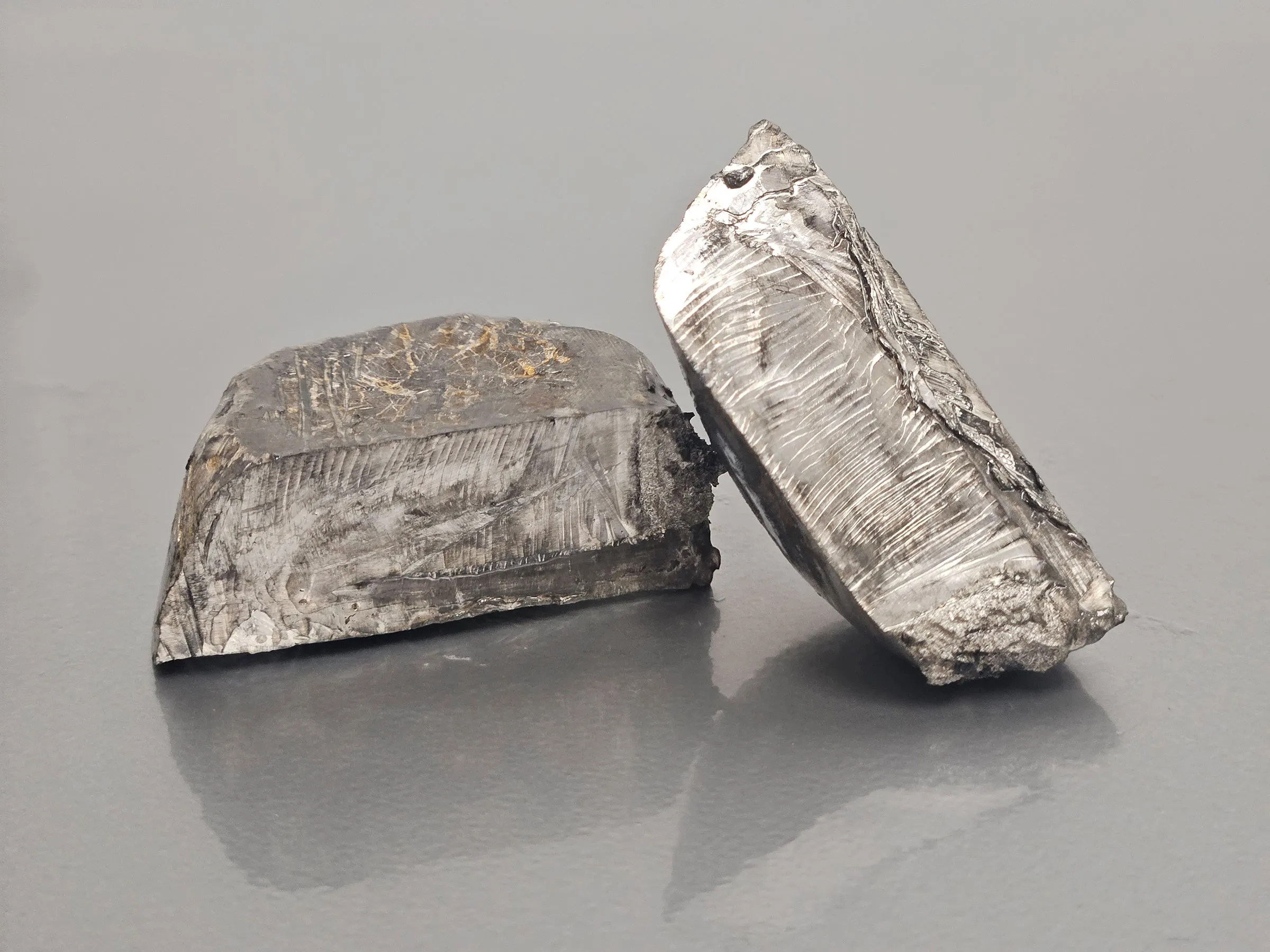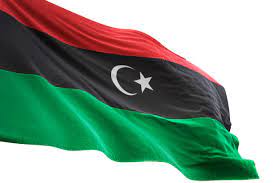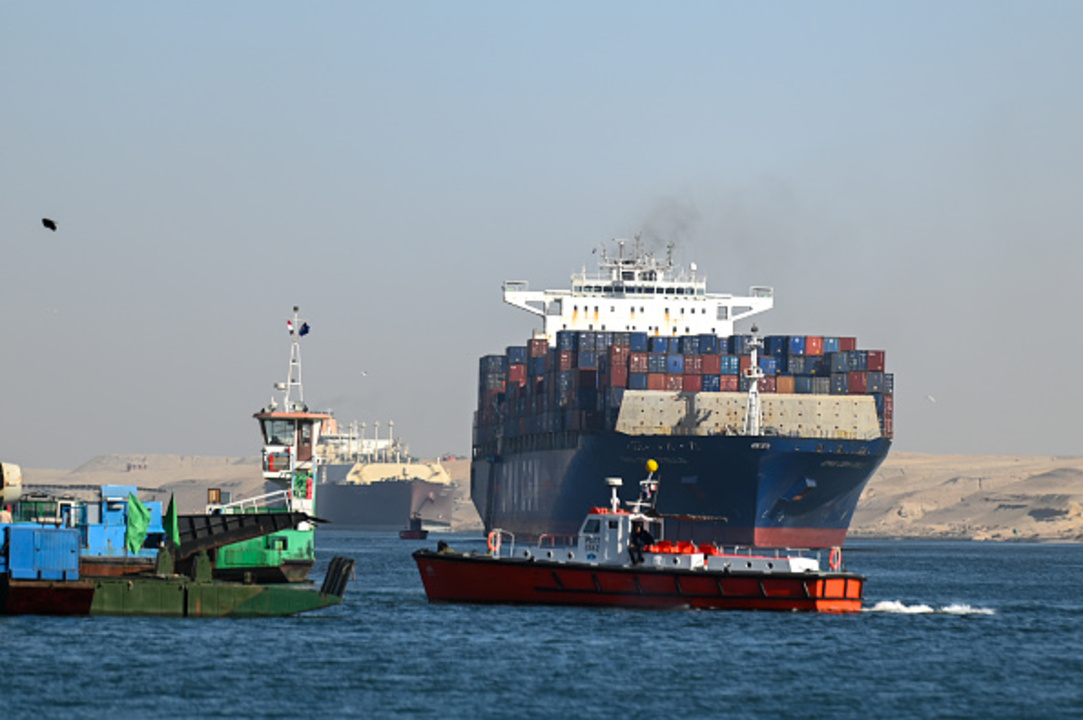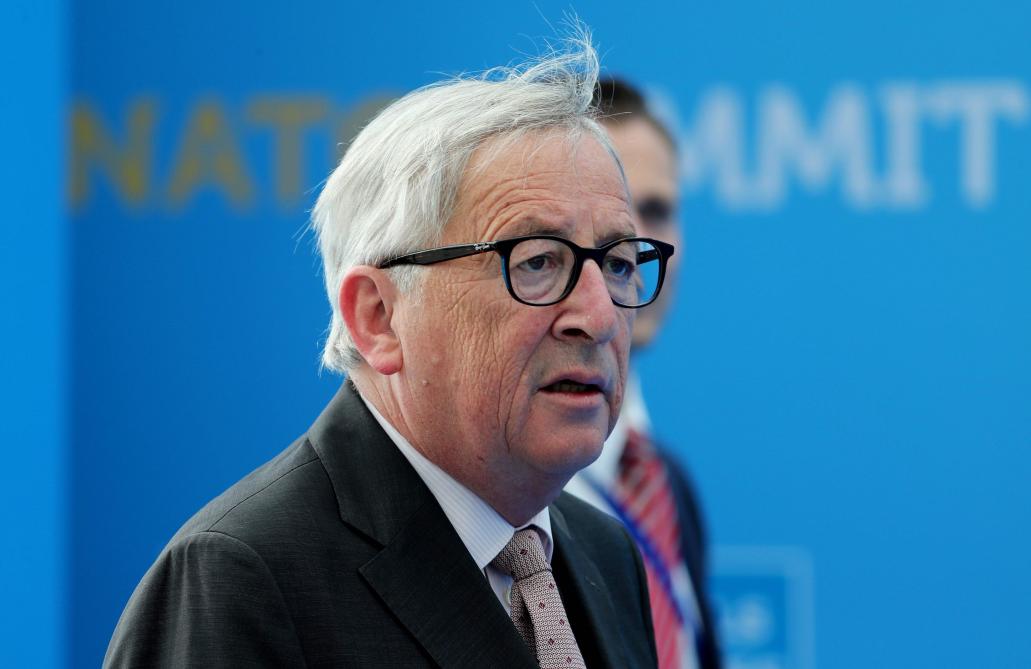European and other Western companies face losing out on sub-Saharan African lithium supply to Chinese companies whose grip on the critical mineral got even tighter last year when African exports of lithium, which mostly go to China, rose sharply between August and November.
Already dominant in the cobalt and copper sectors in Africa, China is also several steps ahead in terms of investment in African lithium. As the European Union aims to decarbonize its economy, it needs to move quickly to secure access to critical minerals, particularly those used in batteries, in order to achieve self-sufficiency — a major strategic issue faced by policy-makers in Brussels. Beijing currently controls the global lithium-ion battery industry, while it also dominates much of the processing of the mineral. To get the raw materials it needs, China’s grip on the procurement of lithium from Africa and elsewhere got even tighter last year when, for example, Zimbabwean exports of lithium spodumene concentrate to China reportedly increased nearly five-fold between August and November 2023 to 177,000 tonnes compared to 38,000 tonnes in the same period of 2022.
This dramatic increase in exports of the “while gold” from Zimbabwe to China for processing comes after major Chinese companies, including Zhejiang Huayou Cobalt, Sinomine Resource Group and Chengxin Lithium Group, all completed the construction or upgrade of lithium processing plants in the southern African country last year. Zimbabwe is home to one of the world’s largest hard rock lithium reserves, attracting Chinese companies in search of raw materials for lithium-ion batteries used to power a host of products from electric vehicles to solar panels. And 2024 is likely to be an even bigger year, says Adam Megginson, a price and data analyst at Benchmark Mineral Intelligence, with several major projects due to come online which will see Zimbabwe’s lithium capacity triple compared to 2023.



